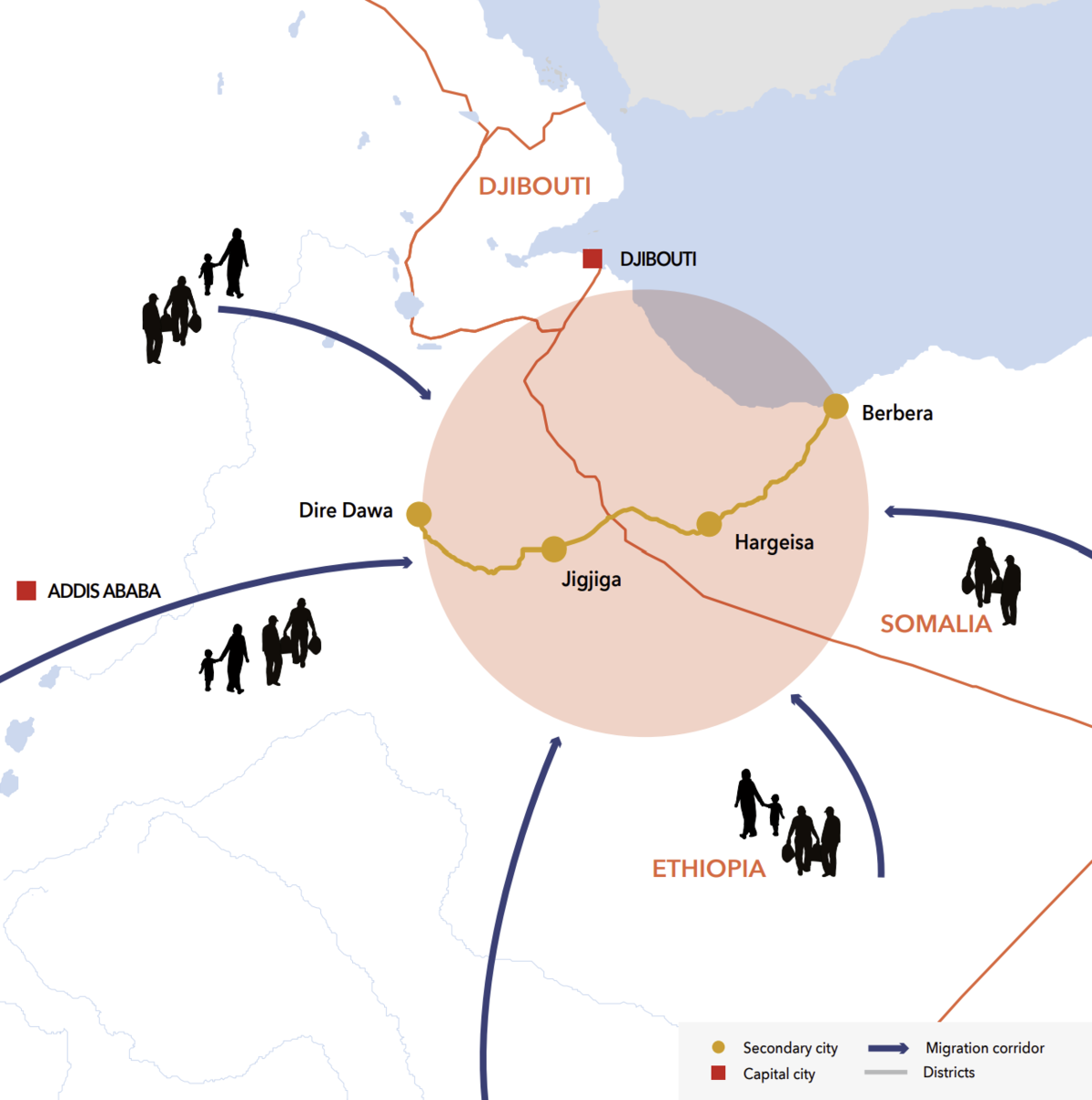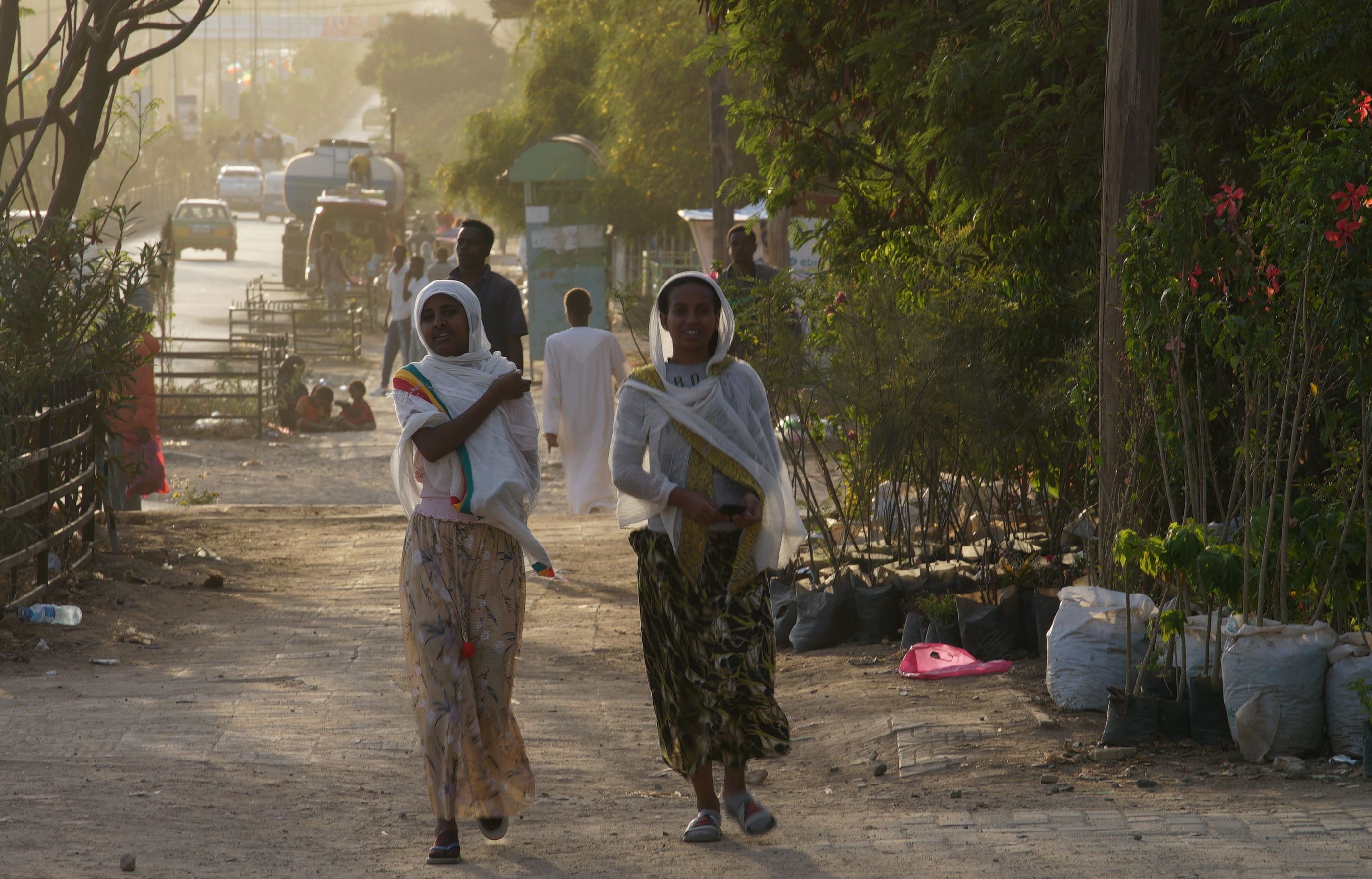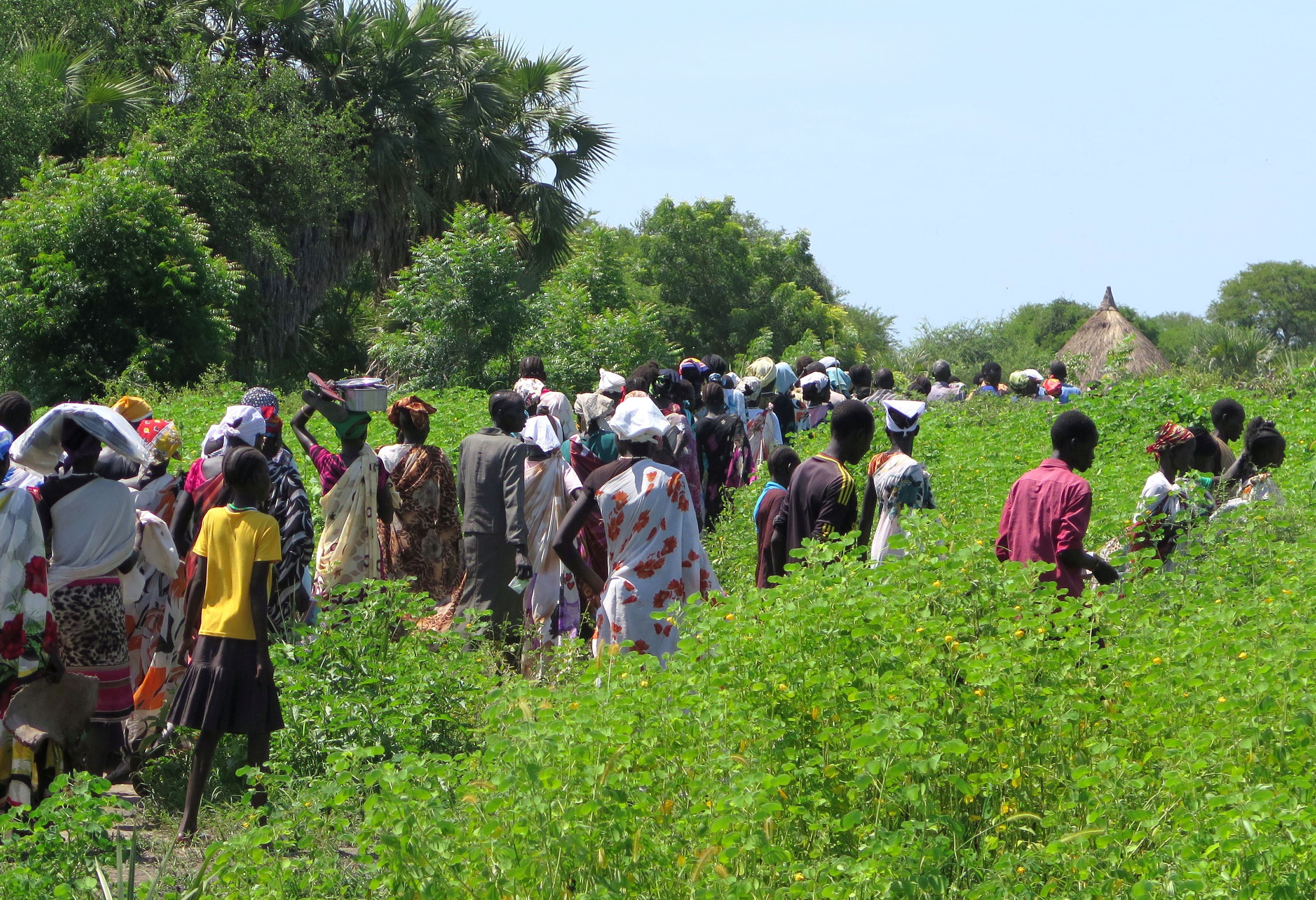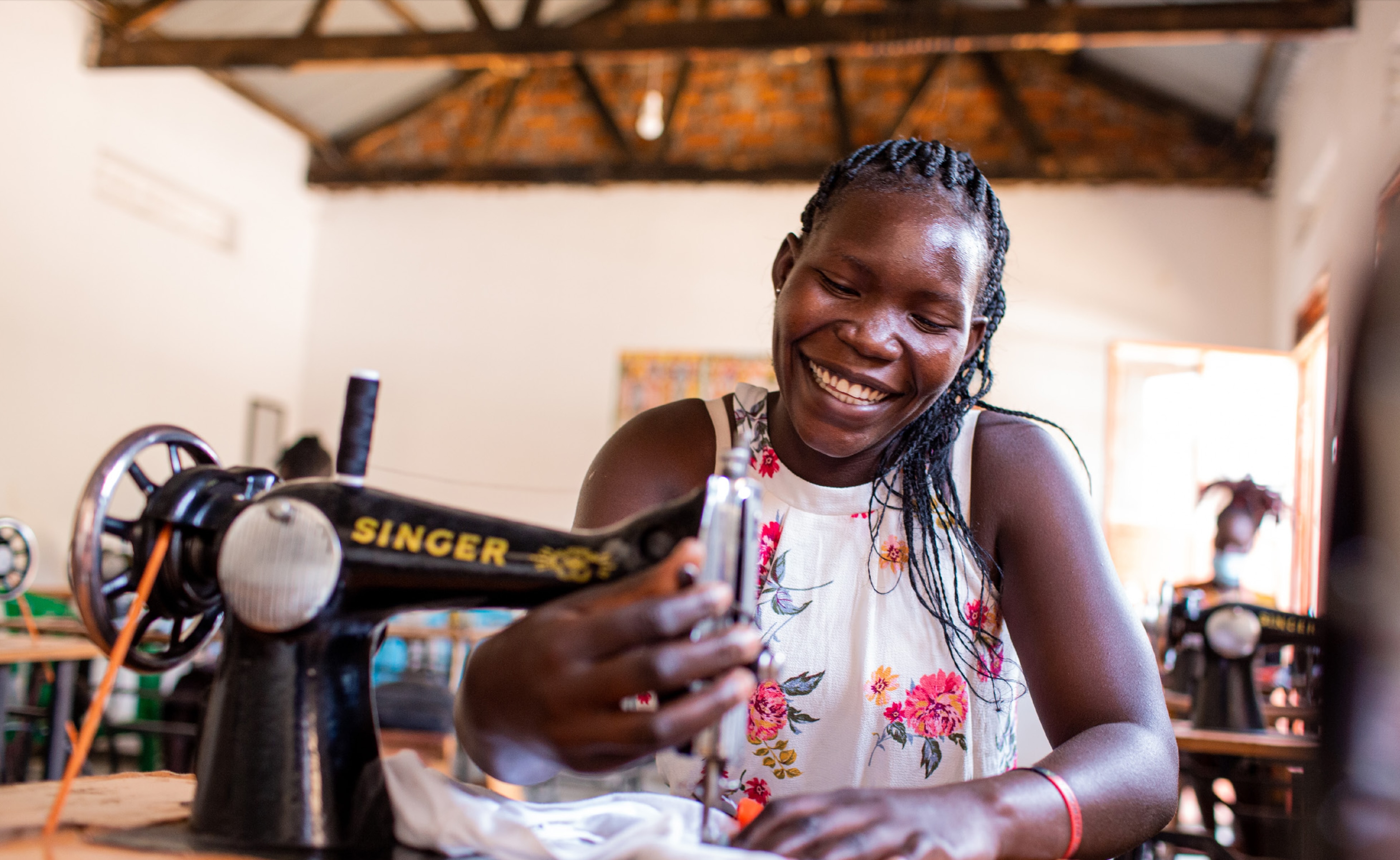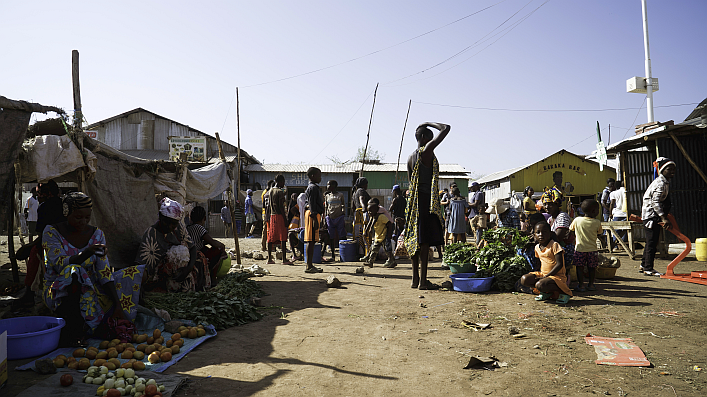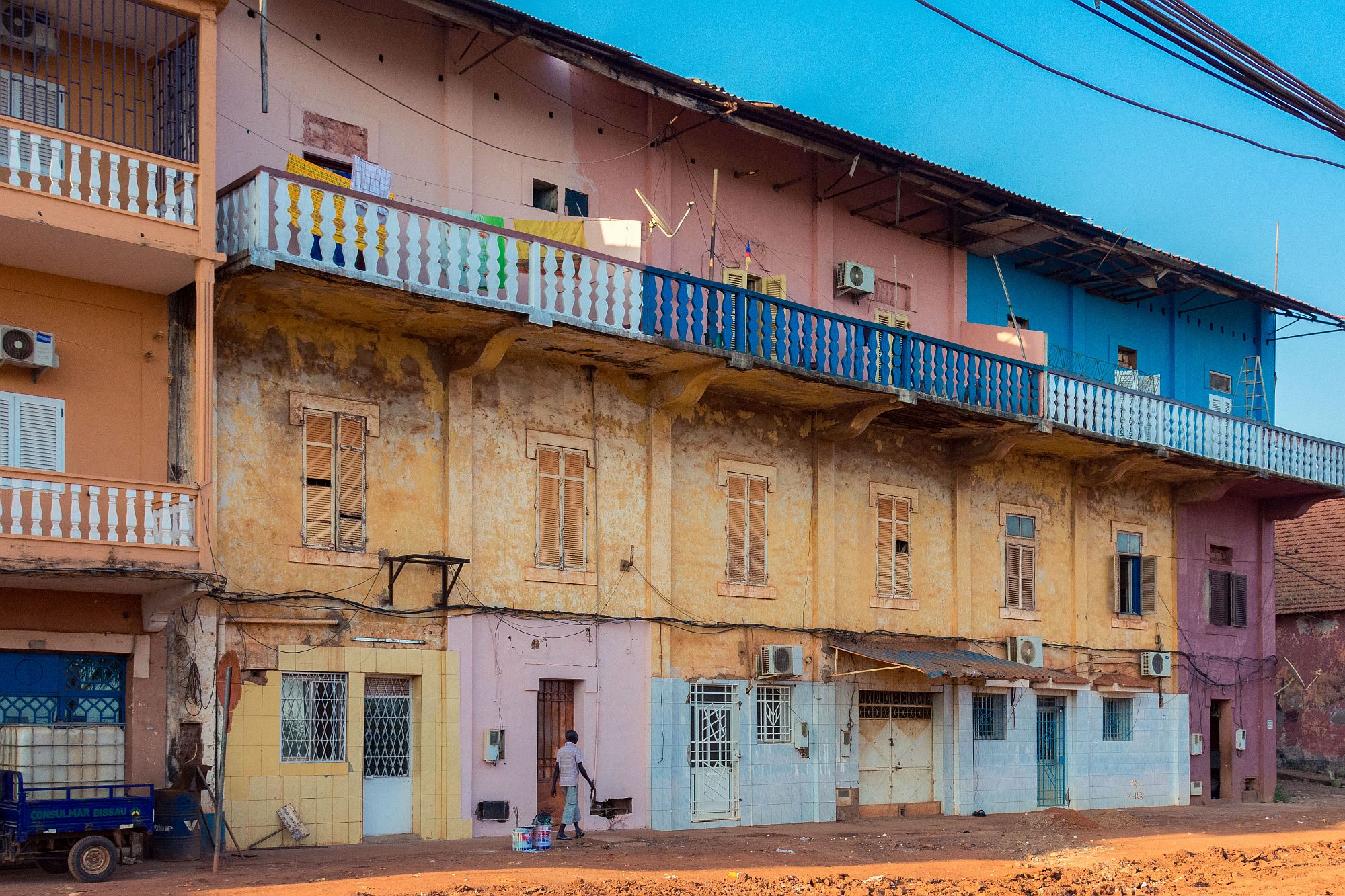On 26 May 2024, diverse stakeholders gathered in Jigjiga, Ethiopia, to discuss strategies for leveraging the migration dynamics of the Berbera Economic Corridor, an important cross-border infrastructure development project that has emerged as a critical pathway for the mobility of people and goods in East Africa.
For the cities and towns along the Berbera Corridor, the prospect of becoming part of a major regional trade and logistics hub brings tremendous economic opportunities as well as challenges.
They already experience significant migration influxes, often induced by climate change. Many of these migrants are rural-to-urban labour migrants, internally displaced persons (IDPs), and refugees suffering from poverty and exclusion.
With financing from the Swiss Agency for Development and Cooperation (SDC), Cities Alliance is supporting Berbera Corridor cities to leverage migration for economic growth that is more equitable and inclusive.
As we plan development along the Berbera Corridor, we should also give prominence to the participation and benefit of women and marginalised groups. We ensure that they are not left behind.
Fenta Dejen, State Minister of Urban and Infrastructure, Ethiopia
Within that framework, Cities Alliance, Jigjiga University, and the Jigjiga City Administration organised the first in a series of Dialogues to foster collaboration and deepen understanding of migration dynamics, urbanisation, and the challenges and opportunities arising from the corridor.
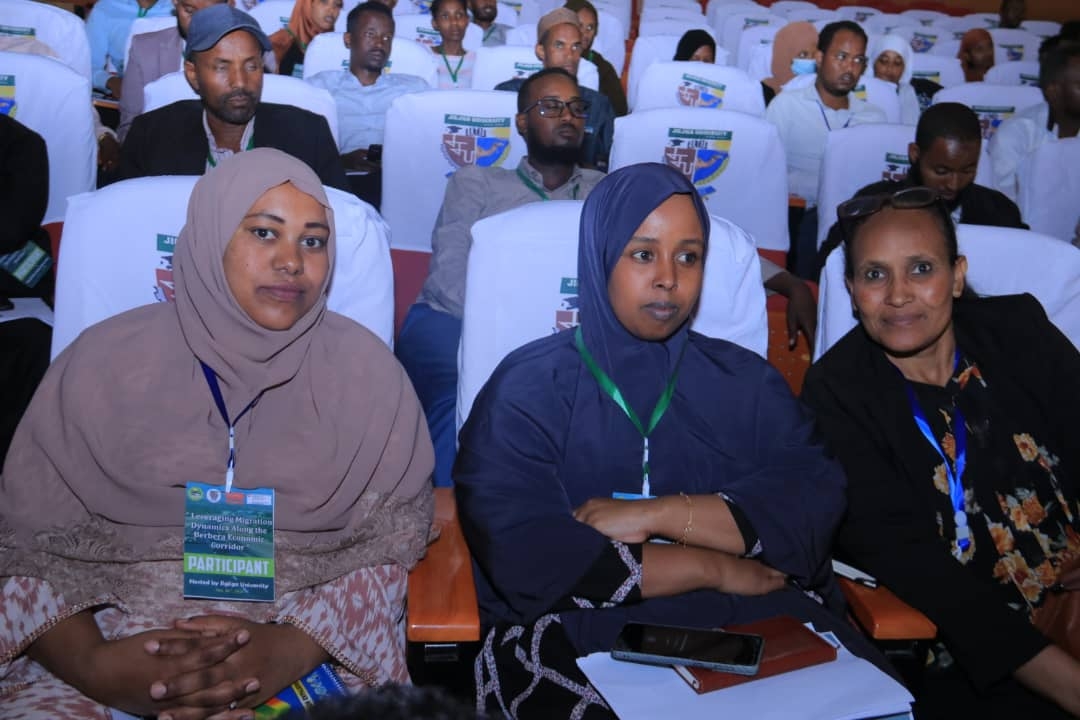
A panel discussion focused on the historical context and main physical features of the Berbera Corridor, including migration patterns, economic prospects, and challenges inherent in its development. The presentations and discussions highlighted the increasing trend of group migration to the cities along the corridor.
As environmental pressures intensify and cities become increasingly crowded, the Berbera Corridor may witness new migration patterns as communities seek refuge from ecological degradation or better opportunities in urban centres.
Mustafa Mohammed Omer, President of the Somali Region
In a second panel, mayors shared the practical implications of inward migration that they are experiencing daily with increasing magnitude in the corridor. These include overburdened and fragile city infrastructures, shortages of housing and basic services, and security concerns. The mayors also acknowledged the positive side of the influx, such as the availability of labour for different sectors and increased economic activities, especially in the service sector.
Both mayors and other participants emphasised the need for inclusive stakeholder engagement to shape the development in a way that maximises the economic and social benefits for the affected populations. They welcomed the Dialogue as a new opportunity for cities to take part in discussions surrounding the corridor.
This is the first time we are invited as a stakeholder to discuss the Berbera Corridor development, although our cities are directly affected by the migration and urbanisation elements arising from it.
Abdishakur Mohamoud Hassan, Mayor of Berbera
Key recommendations emerging from the Dialogue include:
- Establish a transnational coordination committee for infrastructure development, trade promotion, migration management, and security.
- Create a platform for mayors affected by the corridor to coordinate planning and address challenges.
- Prioritise a proactive spatial planning response within the corridor’s areas of influence ahead of development.
- Establish specialised urban planning and urban management departments at Jigjiga and Hargeisa universities.
- Ensure equal participation and benefit for women and marginalised groups.
- Address climate change issues and tackle environmental challenges within the corridor’s catchment areas.
Following the success of the inaugural session, Jigjiga University Vice President Dr. Elyas Abdulahi confirmed that a policy brief would be published based on the Dialogue to enrich upcoming discussions. The mayor of Hargeisa offered to host the next Dialogue, which promises continued dialogue and sustainable development along the Berbera Economic Corridor.
The Dialogue was organised through the Resilient Systems of Secondary Cities and Migration Dynamics Programme, a partnership initiative between Cities Alliance and SDC.
